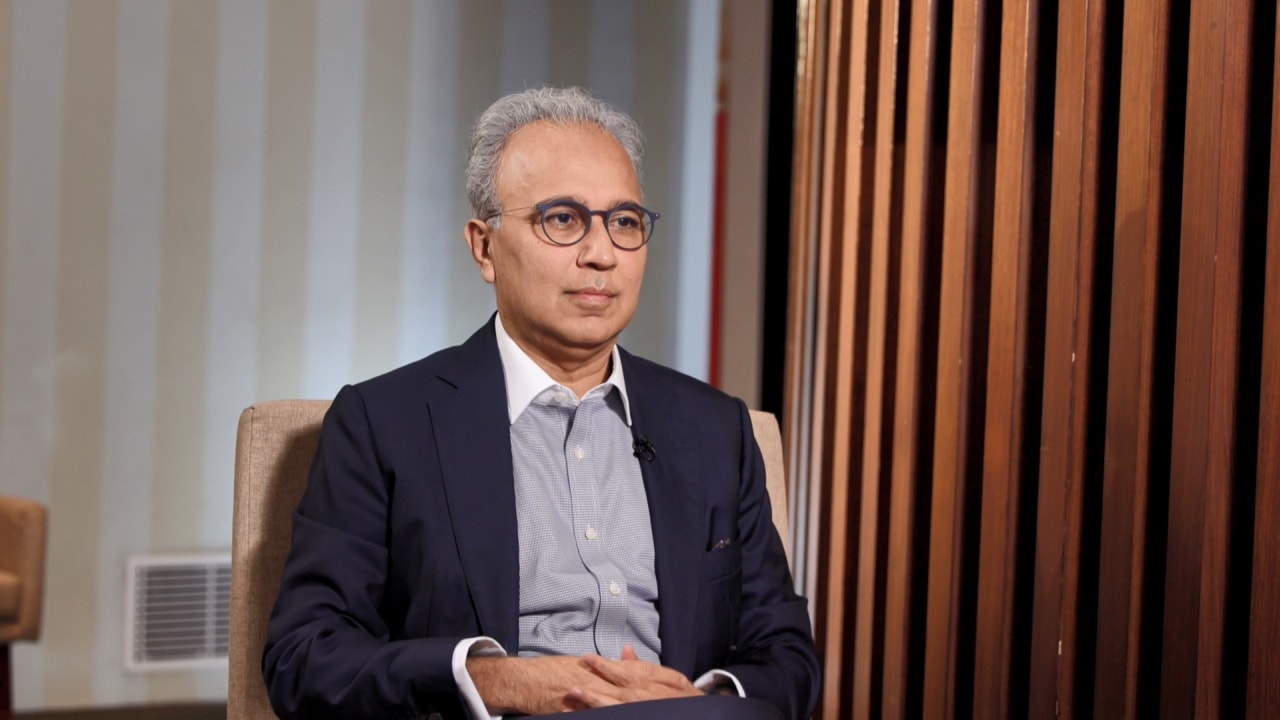Advertisement|Remove ads.
CII seeks fairer buyback tax, push for domestic manufacturing in Budget 2026

The Confederation of Indian Industry (CII) has called for a more equitable buyback tax and new schemes to boost domestic manufacturing in its recommendations for Budget 2026-27.
Thanking the Finance Ministry for the new income tax regime, fiscal discipline, and rationalisation of GST rates, CII President Rajiv Memani said the industry’s suggestions emphasised greater impetus for decriminalisation, ease of doing business, procedural simplification, faster dispute resolution, and enhanced use of technology and research.
While the industry body did not seek specific tax rate cuts, it urged the government to address issues related to mergers and acquisitions under the new Income Tax Act, enable tax-neutral demergers, clarify anti-abuse provisions, and reduce compliance complexity in annual returns.
Memani stressed that investment will be driven by sectoral policies but highlighted the need for a competitive customs structure between raw materials, semi-processed goods, and fillers. The proposals, covering both direct and indirect taxes, aim to consolidate India’s fiscal gains, reduce litigation, and align the tax architecture with the Viksit Bharat 2047 vision.
CII has called for a transition from a dispute-driven to a dispute-preventive tax system, noting that over five lakh appeals involving nearly ₹18 lakh crore remain pending. It suggested that all high-demand cases exceeding ₹100 crore be fast-tracked within a year through virtual hearings and close CBDT monitoring, with penalty proceedings suspended until resolution. It also proposed sharing draft orders for factual verification before finalisation.
Further, the industry body has urged the revival of the Authority for Advance Rulings as an independent quasi-judicial body led by retired High Court judges, capable of issuing binding rulings within six months, open to joint applications from industry associations for sector-wide clarity.
To promote taxpayer confidence, CII recommended addressing anomalies in return-processing software at the Central Processing Centre and elevating the existing Taxpayer Charter into a Statutory Taxpayer Rights Charter, legally guaranteeing time-bound refunds, faceless assessments, and accountability for administrative delays.
On direct taxes, CII termed India’s TDS/TCS framework—with more than 35 categories and rates from 0.1% to 30%—overly complex and liquidity-draining. It proposed simplifying this to two or three broad categories, exempting GST-registered transactions, and issuing clarifications that no TDS should apply to the GST component of composite payments.
Calling for a technology- and trust-led tax system, CII urged digitalisation across customs processes, including API-based data exchange, e-refunds, e-adjudication, and e-appeals, as part of a Paper-Free Customs roadmap by 2028. It also proposed consolidating multiple exemption notifications into a smaller set of “mega-notifications” to reduce ambiguity and improve alignment with global value chains.
The body advocated a multi-year corporate tax roadmap, rationalisation of compounding thresholds, and decriminalisation of minor non-wilful offences in both direct and indirect tax laws—treating procedural lapses as civil, not criminal, matters.













/filters:format(webp)https://images.cnbctv18.com/uploads/2025/10/navi-mumbai-international-airport-5-2025-10-dfe88e57c0fb5100fe0aeac0618c89e7.jpg)
/filters:format(webp)https://st-everywhere-cms-prod.s3.us-east-1.amazonaws.com/cnbctv18logo.png)
/filters:format(webp)https://images.cnbctv18.com/uploads/2023/07/vedanta.jpg)
/filters:format(webp)https://images.cnbctv18.com/uploads/2023/11/railtel-shutterstock.jpg)
/filters:format(webp)https://images.cnbctv18.com/uploads/2022/08/Tata-Chemicals-shutterstock.jpg)
/filters:format(webp)https://images.cnbctv18.com/uploads/2025/11/dredging-corporation-of-india-2025-11-7a439d148998b9960ec682e4ce14f640.jpeg)
/filters:format(webp)https://images.cnbctv18.com/uploads/2025/09/indian-rupee-2025-09-173cebb23cf65441324bc6ba40fbfac7.jpg)